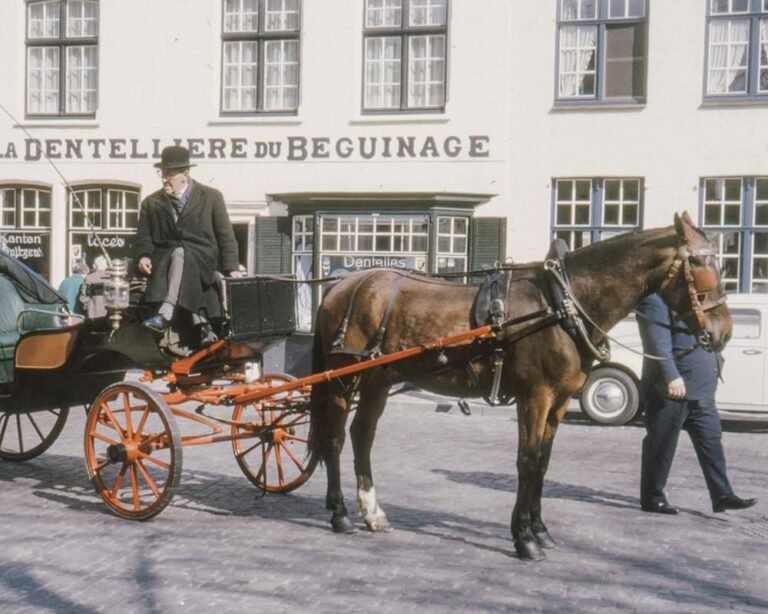un coup
The French noun “un coup” is versatile and widely used in various contexts. It can mean “a blow” or “a stroke,” but its meanings extend far beyond these basic definitions. Basic Meanings Idiomatic Expressions “Un coup” appears in many idiomatic expressions, each with its own unique meaning. Here are some common ones:









